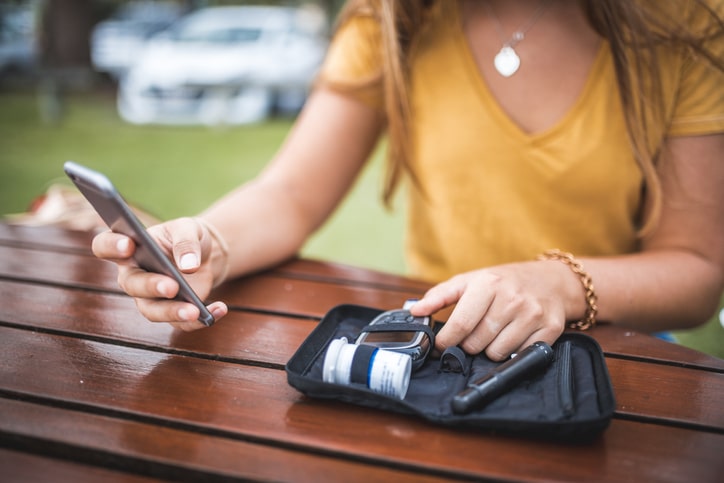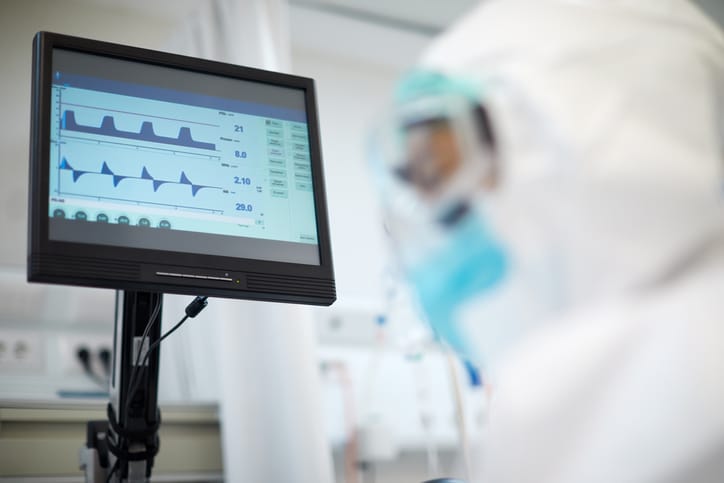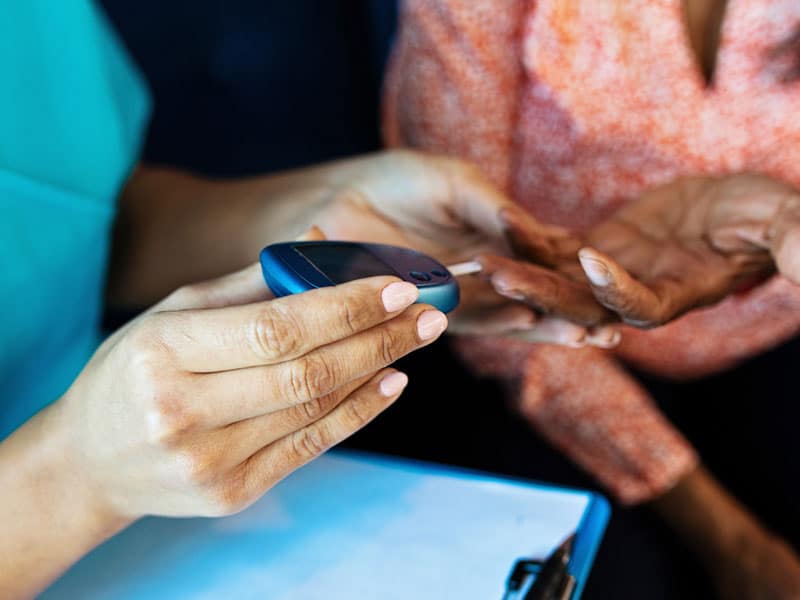Since early in the pandemic, doctors found certain underlying diseases made COVID-19 worse, and one of the most concerning of these comorbidities — diabetes — affects about 10% of the U.S. population.
One study from the American Diabetes Association suggests that the risk of severe infection is tripled for people living with either type 1 or type 2 diabetes than for those without. Another found that diabetic patients with COVID-19 had higher incidences of pneumonia, respiratory failure, cardiac injury, and death.
Michael Foster, MD, pulmonologist on the medical staff at Methodist Richardson Medical Center, explains the reason behind this phenomenon is found in our blood sugar.
“Essentially, the higher your blood sugar is, the less functional your primary immune system — and that is why people with diabetes are at higher risk for most infections.”

BLOOD SUGAR IS KEY
A normal blood sugar level while fasting is less than 100 milligrams per deciliter of blood, according to the Mayo Clinic. Anything above 125 milligrams per deciliter while fasting is considered to be too high, or hyperglycemic.
Spikes in blood sugar not only influence our energy levels but also impair our immune system and make it harder for us to fight off infections.
What’s more, having high or uncontrollable blood sugar levels can trigger our body’s inflammatory response. And while this is typically a natural process that helps protect us against viruses and other pathogens, severe inflammation can do more harm than good when it goes unchecked and begins attacking healthy cells and tissues.
“This hyper-inflammatory syndrome caused by the coronavirus is actually what kills you,” Dr. Foster explains.

COMPOUNDING DAMAGE
High blood sugar can pose long-term health problems, with or without an infection.
“Simply put, hyperglycemia is going to make the body more susceptible to vascular and cellular damage,” Dr. Foster says.
And in many cases, hyperglycemia and diabetes are often coupled with other medical issues, such as atherosclerosis, obesity, and hypertension. These conditions, along with a positive COVID-19 diagnosis, may place some patients more at risk for blood clots.
“The literature shows a higher risk of acute respiratory distress syndrome with higher presenting blood sugars,” he adds. “With COVID-19, I have seen more clotting and worsening infections in diabetic patients than in non-diabetic patients.”

NOT JUST DIABETICS
Even people who have never had diabetes may have cause for concern with COVID-19.
“We’re seeing people being hospitalized with high blood sugar, who don’t have a history of diabetes, and they’re having equally bad outcomes as those with known diabetes,” Dr. Foster says. “That’s why we check your blood sugar when examining you and might give you insulin even if you do not have diabetes.”
Researchers have reported seeing new-onset diabetes and worsening symptoms of pre-existing diabetes in patients with COVID-19.
There’s still more to learn about this new disease and its potential effects on the body. Taking preventive precautions is still a must, Dr. Foster says.
“So the best recommendation I can give is to get vaccinated, and keep social distancing, wearing masks, and washing your hands,” he says.

